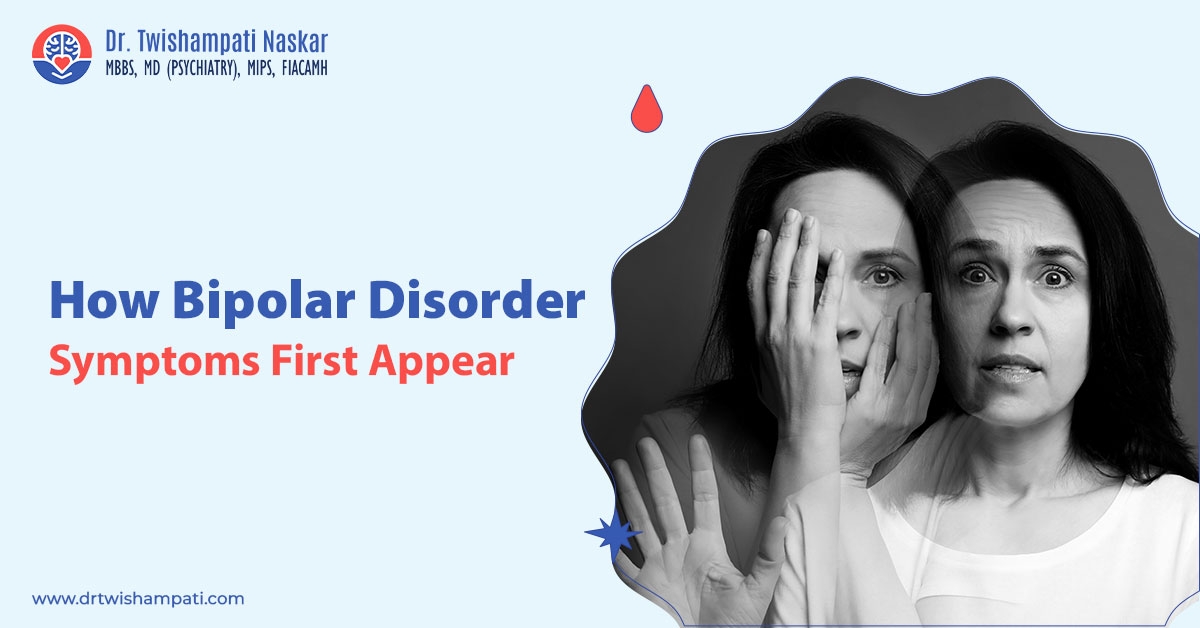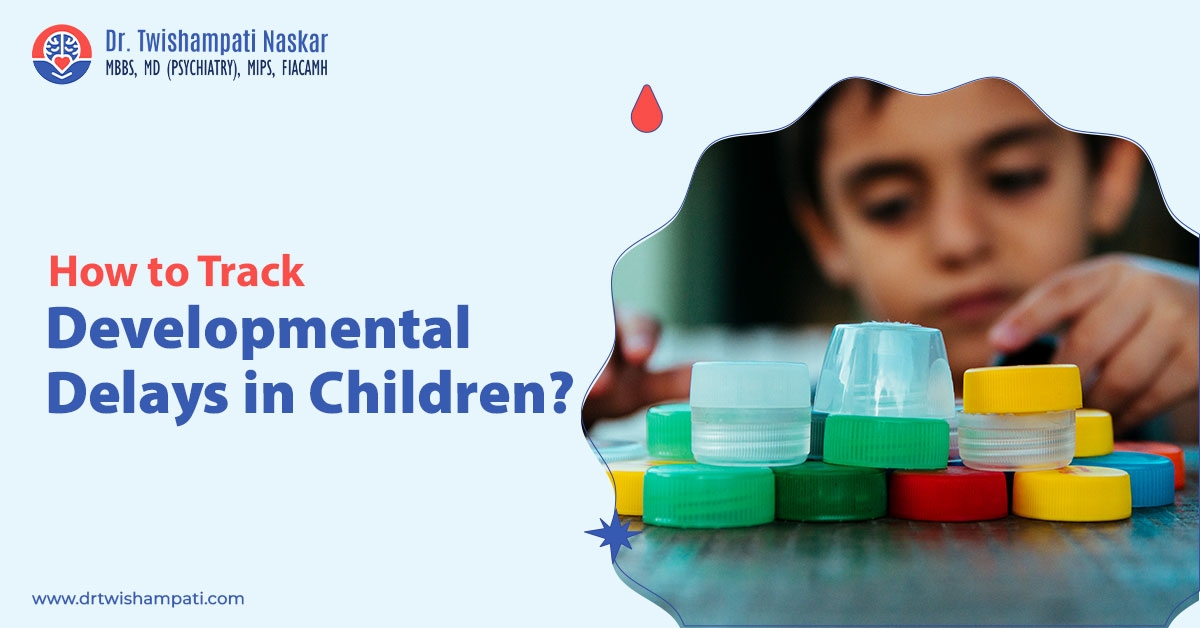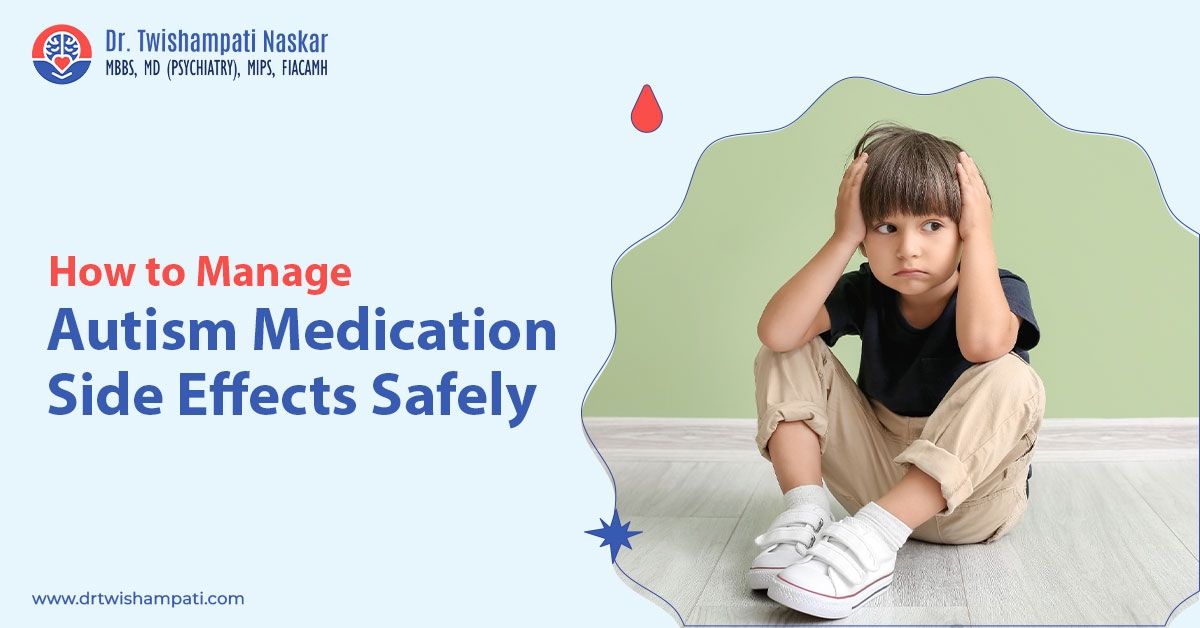Bipolar disorder is usually seen as a mental illness commonly found among younger adults. However, it can appear even at later ages, such as the 50s and 60s. While it is very rare among elders, it has its own set of challenges in terms of diagnosis and management.
With bipolar mood disorder treatment in Siliguri, patients can not only learn more about their situation but also learn about their treatment options. By understanding the causes and symptoms associated with these conditions, patients and also learn coping strategies more easily, making their lifestyle better. Let's take a deeper look at this condition and learn more about its symptoms, causes, and treatment methods.
Understanding Late-Onset Bipolar Disorder
Bipolar disorder is a mental health condition that affects the mood of an individual, causing it to fluctuate often. Manic episodes, marked by intense elation, and depressive episodes, characterized by profound lows, are commonly observed in these mood fluctuations.. While the onset age of this disorder is considered to be 25 years, in rare cases elderly can also start portraying the initial symptoms.
However, this version of the disorder does not follow the traditional pattern, which is commonly seen among younger individuals. Elderly people also face ‘mania’, but they are not as intense, and depressive lows are more frequent for them. The symptoms related to late-onset bipolar disorder can also overlap with symptoms related to other conditions, such as dementia, which makes it harder to diagnose and treat.
Causes of Late-Onset Bipolar Disorder
There is no singular aspect that can cause late-onset bipolar disorder. According to a specialist, the factors that cause this are often interconnected or contribute equally to the development. Neurological changes due to age are considered to be one of the major contributors by specialists who provide bipolar mood disorder treatment in Siliguri. This is because the brain function and structure can be impacted due to diseases.
The elderly are also very prone to medical conditions such as stroke and Parkinson’s, which can cause an imbalance in mood regulation. Lastly, certain medications prescribed by doctors can also cause physical issues, causing them to react or go into a manic state.
Symptoms of Late-Onset Bipolar Disorder
Before getting bipolar mood disorder symptoms, it is essential to take notes of the frequency of the symptoms displayed by the patients. Some of the symptoms can overlap with other conditions, causing misdiagnosis. Let's look into the major symptoms related to late-onset bipolar disorder:
Manic Symptoms
• Elevated or unusually irritable mood
• Reduced need for sleep
• Increased energy or restlessness
• Talking excessively or racing thoughts
• Impulsive decision-making or spending
Depressive Symptoms
• Persistent sadness or hopelessness
• Fatigue and low motivation
• Changes in appetite or weight
• Sleep disturbances
• Difficulty concentrating or remembering
Treatment Options for Late-Onset Bipolar Disorder
Although many aspects of treating bipolar disorder are similar regardless of the age group, patients with late-onset need more personalized care. This is due to their need for sensitivity to treatment and medication, along with other medical conditions.
Medication management - Mood stabilizers, antipsychotics, and antidepressants are usually prescribed by a specialist for treatment.
Psychotherapy- Specialists may also suggest Cognitive Behavioral Therapy (CBT) and interpersonal therapy to help with coping strategies.
Lifestyle Adjustment - Balanced nutrition, low-intensity physical activity, as well as stress management techniques, can help the elderly adjust to the condition.
Ongoing Monitoring - To ensure the well-being of the elderly, doctors suggest regular follow-ups along with help from a multidisciplinary team, including psychiatrists, psychologists, and primary care physicians.
Conclusion
Late-onset bipolar disorder may be rare, but it's far from impossible. If you or someone you care about is experiencing unexplained mood changes later in life, don’t dismiss them as just part of aging. At all points in life, mental well-being is essential.
Expert, compassionate care offered through bipolar mood disorder treatment in Siliguri promotes accurate diagnosis, effective treatment, and provides much-needed relief to elderly patients.





